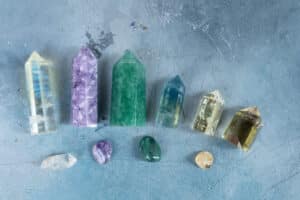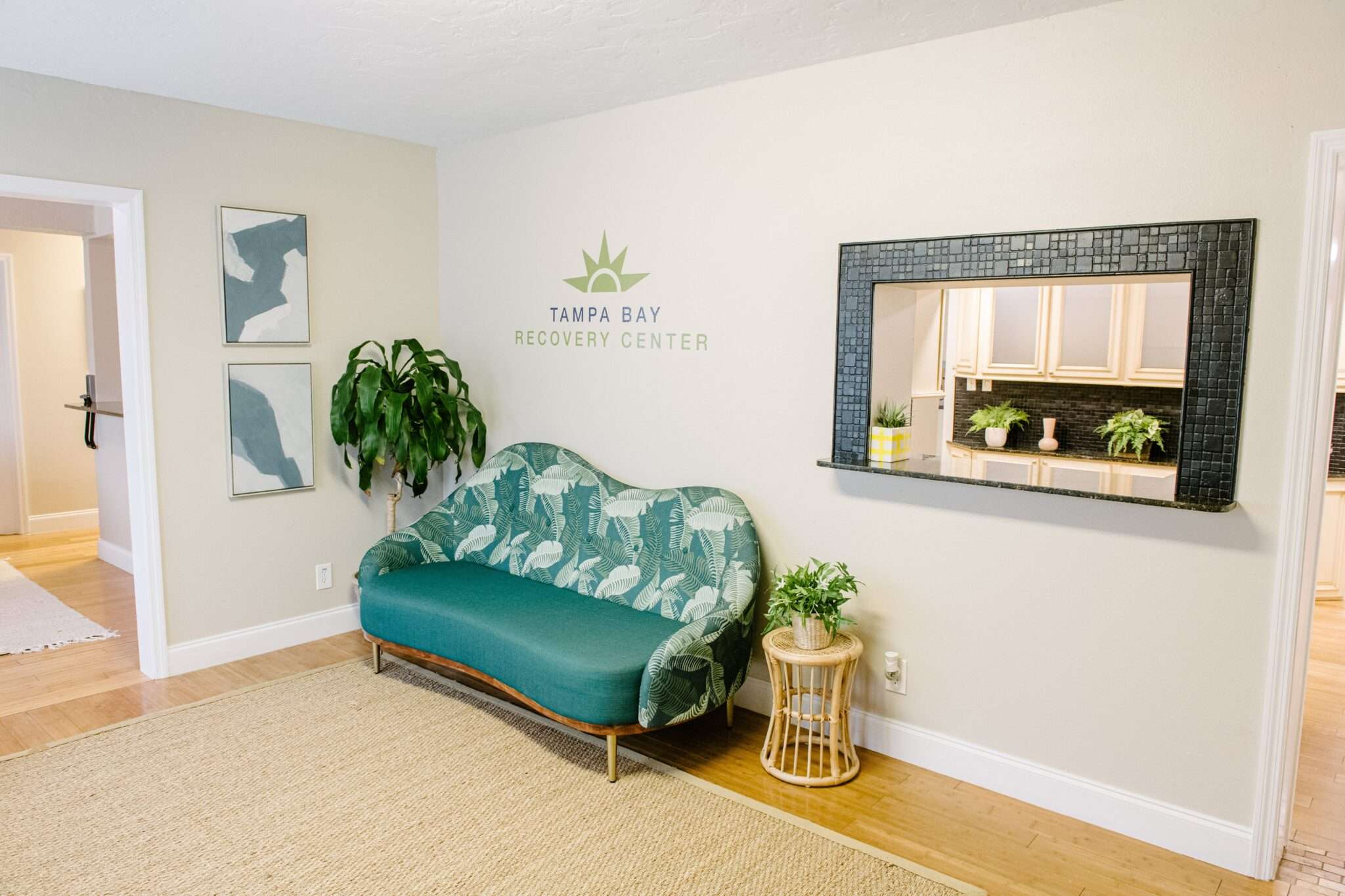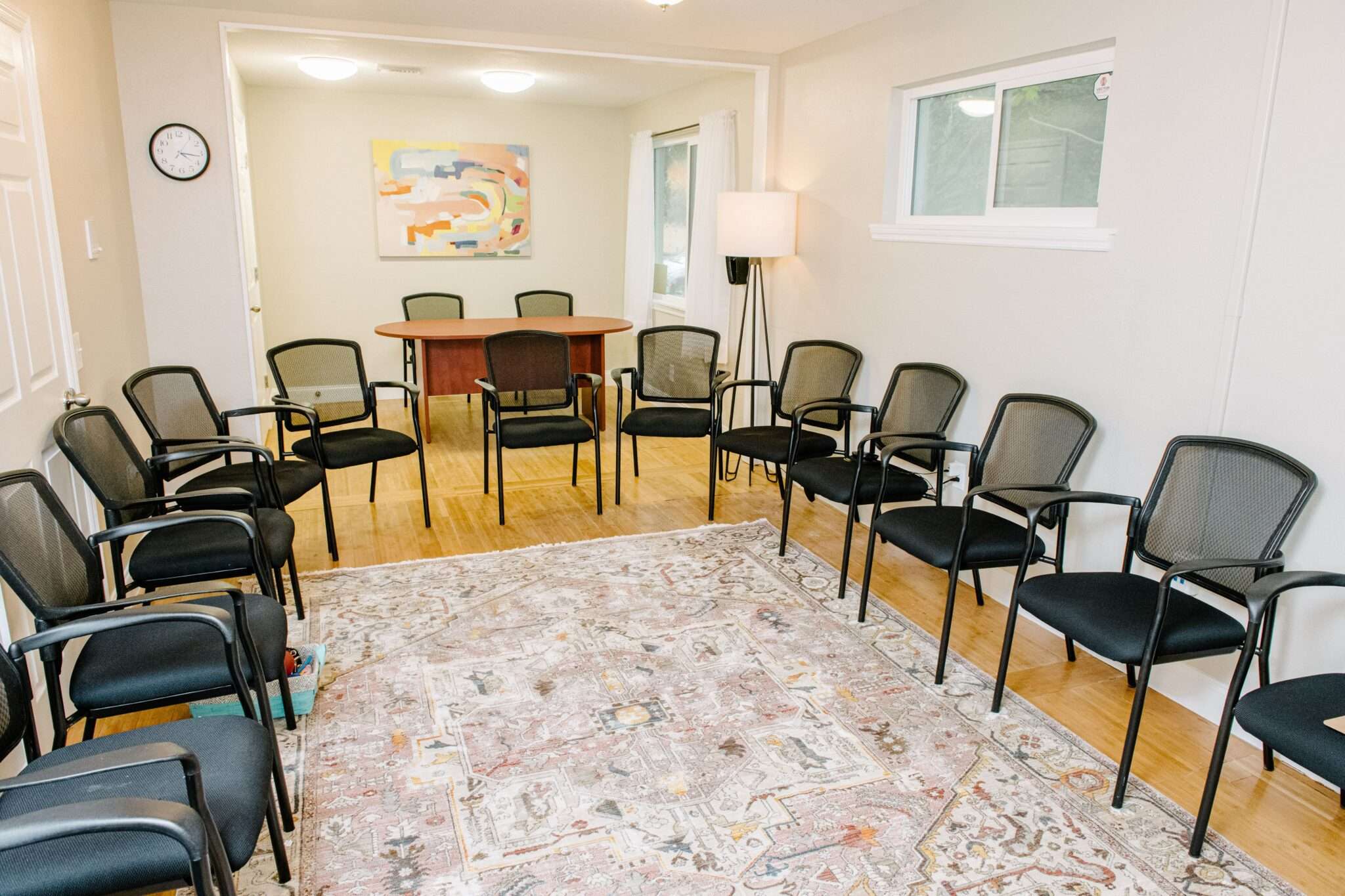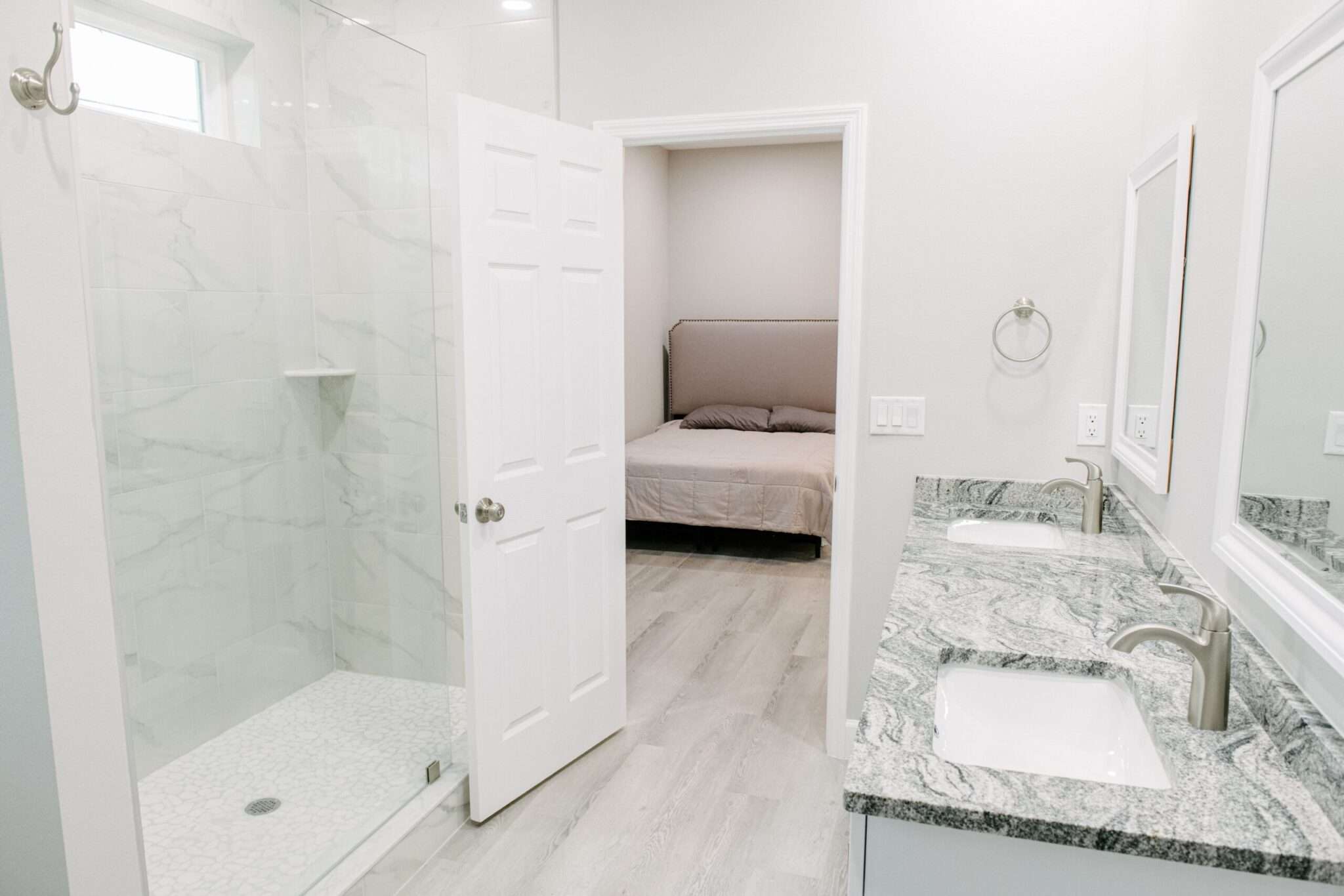Crystals for depression have gained popularity among those seeking alternative methods to cope with feelings of sadness and hopelessness. The vibrant colors and perceived healing properties of these stones make them appealing to individuals searching for a sense of solace. However, while crystals for depression may provide some palliative psychosomatic relief, it’s crucial to understand that they cannot replace clinically directed treatment for depression.
Why People Turn to Crystals for Depression
Crystals have long been associated with healing and spiritual balance. For individuals experiencing depression, certain crystals like citrine, amethyst, and rose quartz are believed to promote positivity, emotional healing, and self-love. Many turn to crystals for depression as a non-invasive, natural way to supplement their mental health routines.
The tactile and visual appeal of crystals adds to their popularity. Holding a smooth stone or gazing at its natural beauty can provide a temporary sense of peace. For some, using crystals during meditation or carrying them throughout the day serves as a reminder to focus on self-care and mindfulness.
Moreover, the holistic nature of crystals aligns with the desire for natural remedies. People often combine the use of crystals with practices like yoga, journaling, and mindfulness to create a comprehensive approach to managing depression. Crystals for depression are also accessible, requiring no prescription or formal training to use.
The Science Behind Crystals and Depression Relief
While crystals for depression are widely embraced by many, scientific evidence supporting their effectiveness is lacking. Their perceived benefits are largely anecdotal, with users attributing relief to the stones’ vibrations or energies. To date, there is no empirical evidence to confirm that crystals can directly alleviate symptoms of depression.
However, the placebo effect may play a role in the comfort some people find in crystals. Engaging with them as part of a daily ritual can provide a sense of purpose and hope, which can have a positive impact on mood. The act of focusing on something beautiful and meaningful may also temporarily distract from negative thought patterns.

The Limitations of Crystals for Depression
While crystals for depression may offer comfort to some, relying solely on them to manage depression can be risky. Depression is a serious mental health condition that often requires evidence-based interventions to address its underlying causes. Without proper clinical care, symptoms of depression can worsen, affecting one’s overall quality of life.
Effective treatments for depression, such as therapy and medication, are supported by extensive research. Cognitive Behavioral Therapy (CBT) helps individuals identify and reframe negative thinking patterns, while medications like antidepressants work to balance brain chemistry. These treatments are tailored to the individual and delivered by trained professionals who understand the complexities of depression.
Using Crystals as a Complementary Tool
For those who find comfort in crystals for depression, they can be used as part of a broader mental health strategy. When combined with clinically directed care, crystals may enhance a sense of well-being. For example, incorporating crystals into mindfulness exercises or meditation can create a calming environment that supports emotional healing.
It’s important to approach crystals for depression as a complementary tool rather than a standalone solution. They can be a meaningful addition to a self-care routine but should never replace professional treatment.
Seeking Professional Help for Depression
If you or someone you know is struggling with depression, professional help is essential. While crystals for depression may provide some temporary relief, they cannot address the root causes of the condition. Clinical treatment offers proven methods to manage depression effectively and promote long-term healing.
At Gulf Coast Recovery Center, we specialize in providing compassionate, evidence-based care for individuals battling depression and other mental health challenges. Our team of experts works closely with clients to develop personalized treatment plans that include therapy, medication management, and holistic support. We understand the complexities of depression and are here to guide you toward recovery.
And if you’re in Georgia, fear not! Our Georgia Depression Treatment Center, North Atlanta Behavioral Health, is open 24/7 to get you the help that you need. Learn more about how we can help you at NABH, and give us a call at (770) 202-2203. Or click here to get started on the next day of the rest of your life!
Call Gulf Coast Recovery Center Today
If you’re ready to take the first step toward healing, call Gulf Coast Recovery Center at (813) 755-8864 today. Our experienced team is here to help you navigate your journey to better mental health. Whether you’re seeking therapy, medication, or a combination of approaches, we are committed to providing the care you need to thrive.
Final Thoughts
Crystals for depression can be a comforting addition to your self-care routine, offering a sense of hope and calm during difficult times. However, it’s important to recognize their limitations and prioritize clinically directed treatments for lasting relief. At Gulf Coast Recovery Center, we are dedicated to helping individuals overcome depression with comprehensive, personalized care. Don’t wait to get the help you deserve—call us today to start your journey to healing.
Check out our sibling blog: Crystals for Anxiety!
Depression isn’t the only thing that people use crystals to treat. Our blog on Crystals for Anxiety is up and available to read now. Give us a call at (813) 755-8864 if you have any questions about treatment for anxiety.
















